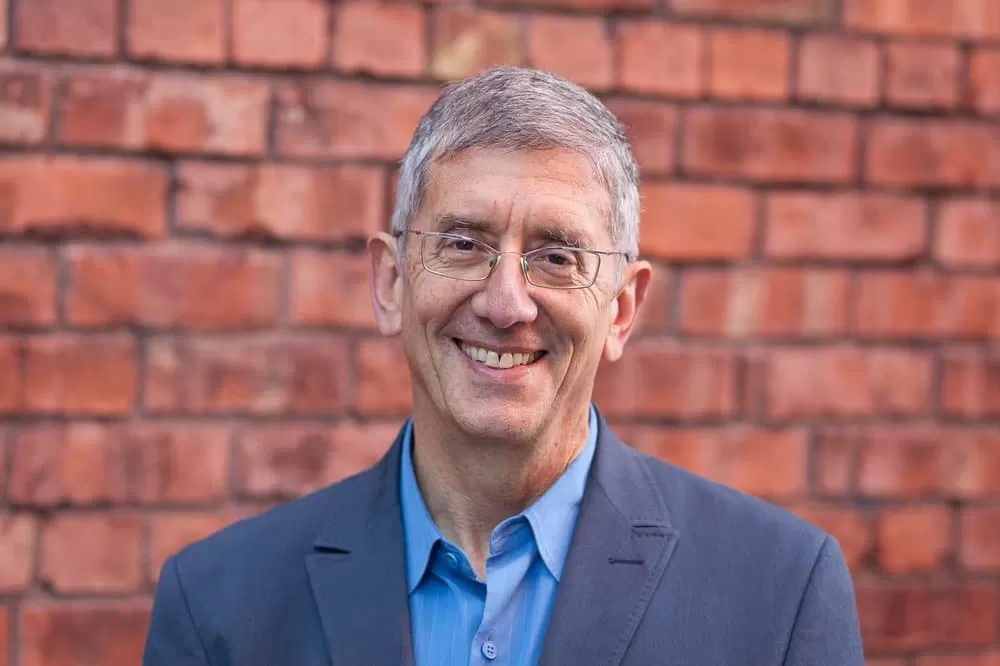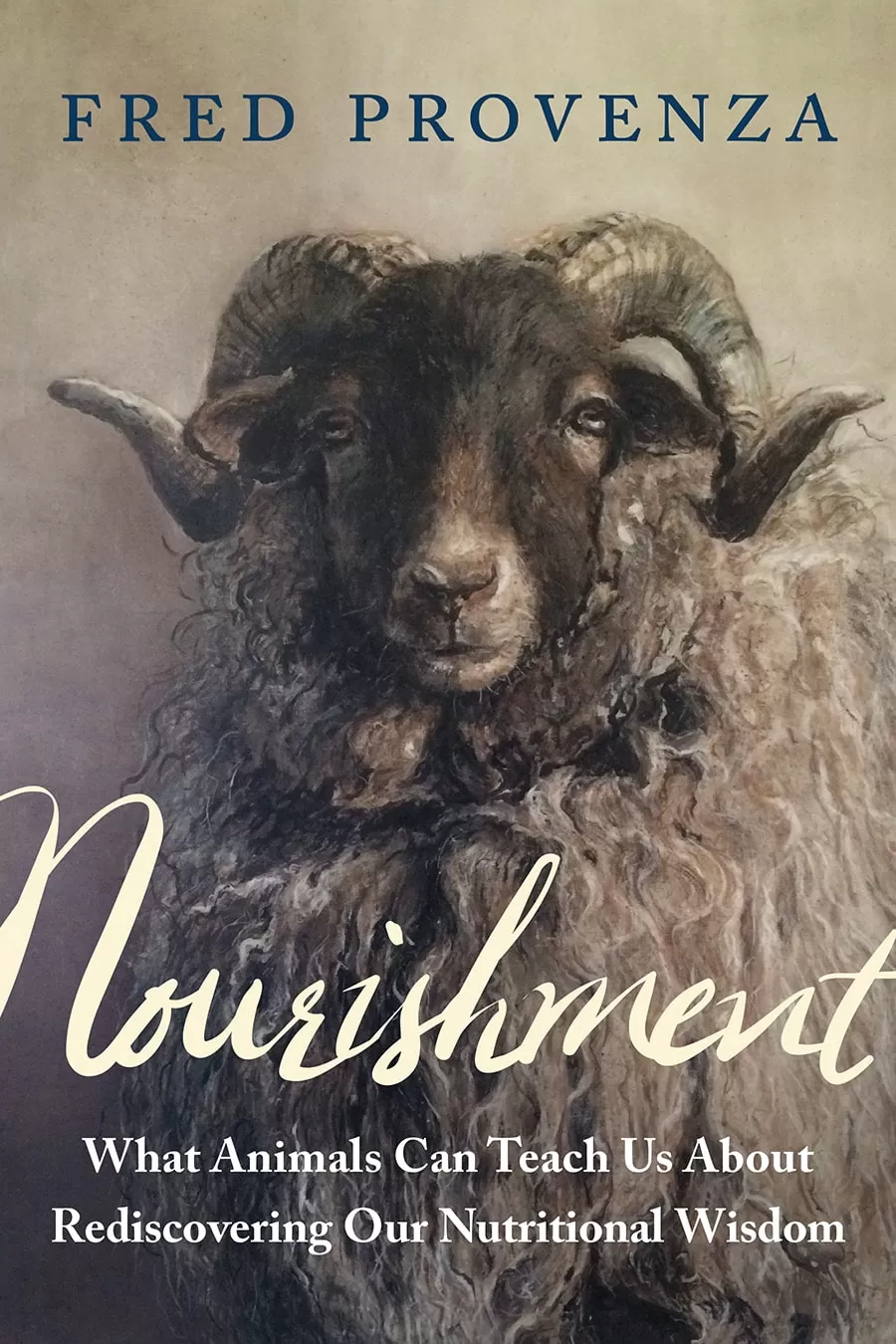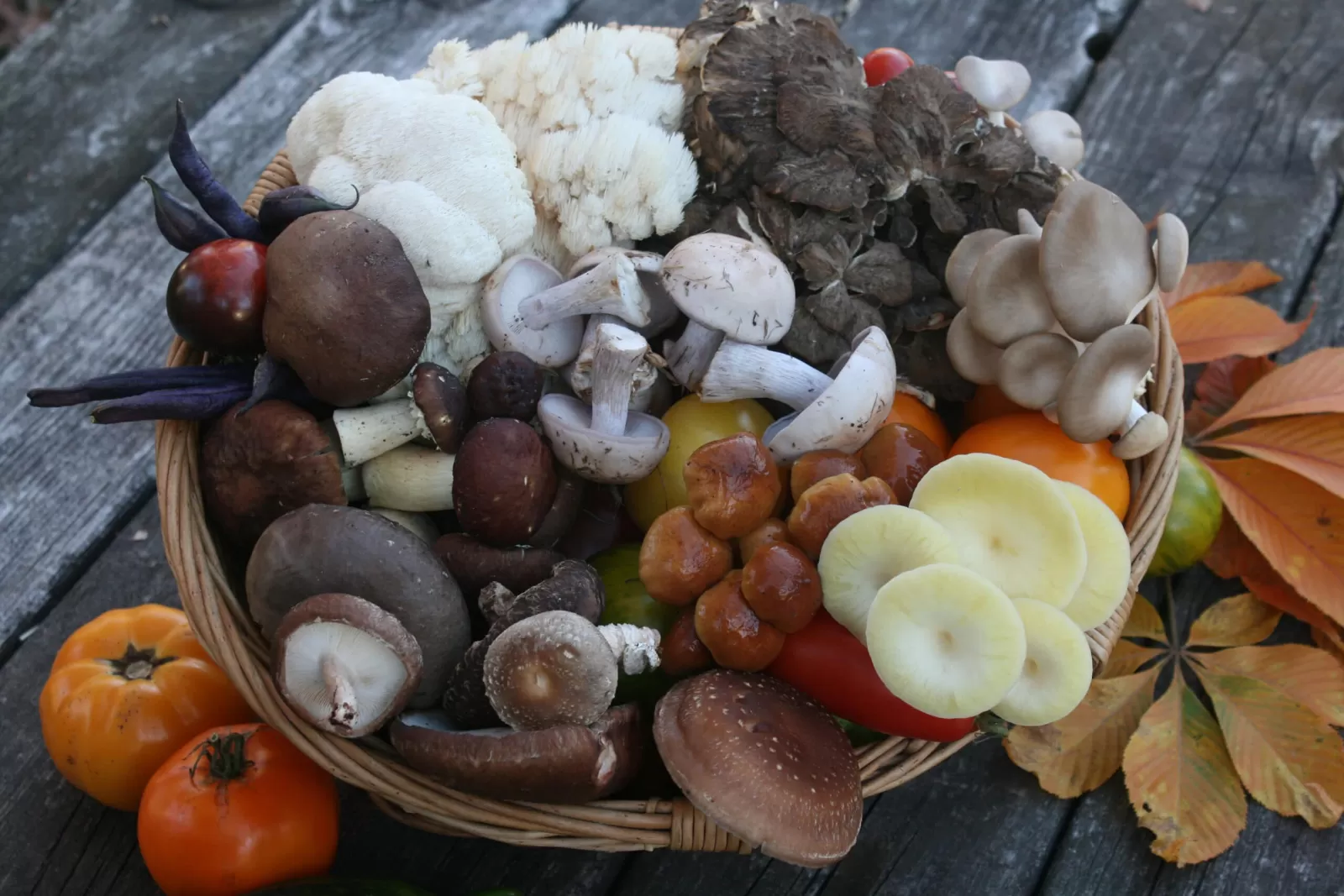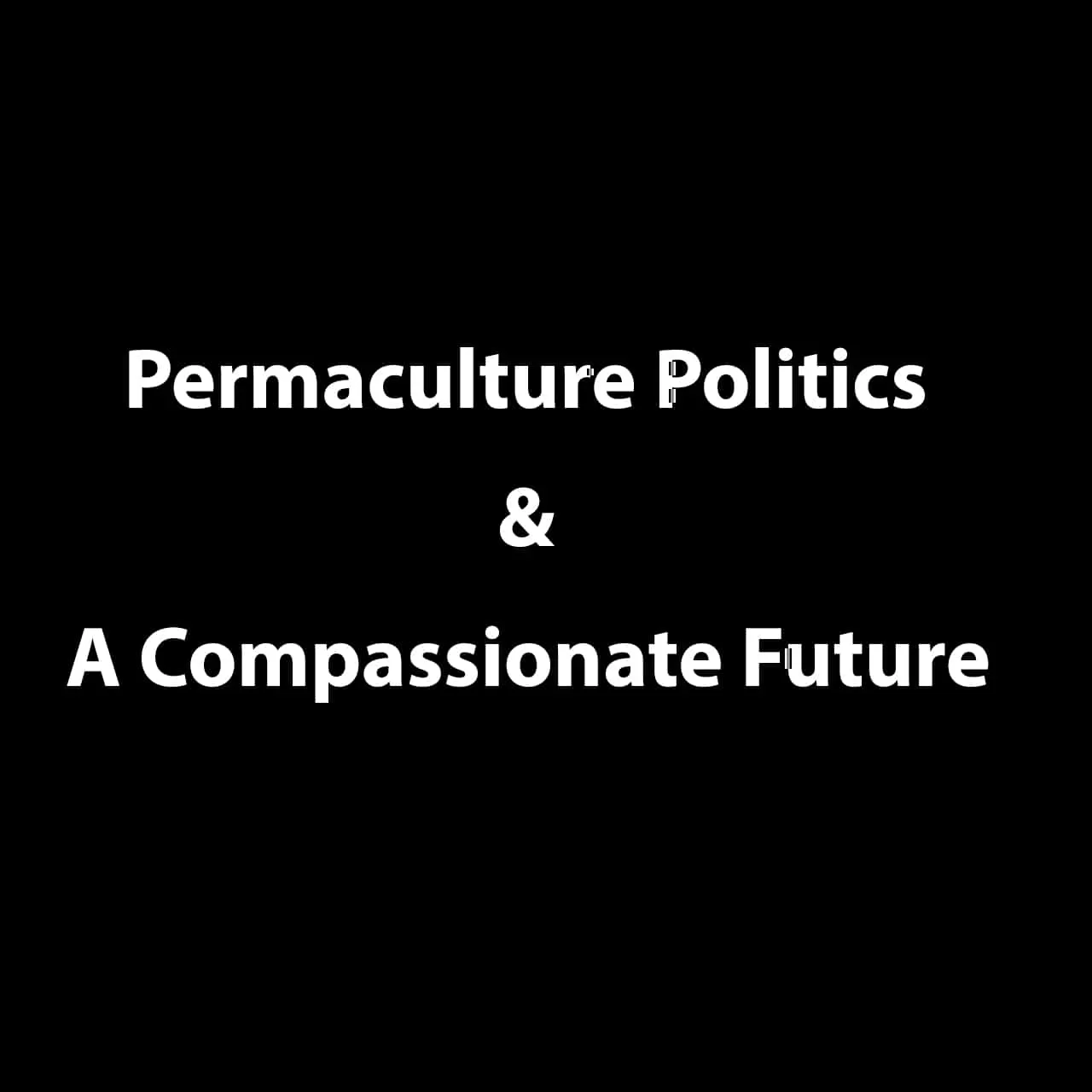Sometimes I’ve put together a “best of” list for the year, but the idea of doing that any more is like asking which of my children I love more. Each one shines in their own particular moments, and, in the end, I do love them all equally, so this year I want to highlight some episode that provides an overview of the many places we explored together in 2018.
The first was with Fred Provenza when we used his book Nourishment to talk about diet and reclaiming our nutritional wisdom. Though we stayed focused on food and the three main influences he’s identified that cause us to like a particular taste, underlying that conversation was a discussion of self-care and seeing to the wellbeing of our mind, body, and spirit. What we can do to make the choices that really are the best for ourselves. To recognize that any path suggested by another is just a model and we have to make those choices, guided by our own intuition and the advice of others we trust.
Related to those ideas of making our best choices were the pair of conversations with Victoria Redhed Miller who walked us through her work on Craft Distilling and the steps required to make booze at home. One of the most significant issues was of legality and we took nearly an hour to cover her journey and the problems that arose along the way so that we can make an informed decision, should we follow in her footsteps, and know that many of our practices, for better or worse, are illegal.
Knowing the bounds of those laws, we can seek to change them by getting involved politically. Making that choice was the basis of the most controversial and commented on episode of the year, the discussion with Joshua Hughes about permaculture and politics. Whether or not you agree with his particular take on this issue and what the best ways to be politically active really are, we certainly pushed the edge of the conversation about what permaculture ethics in practice can look like to influence policy or action.
David Bilbrey, who joined me this year as an ongoing co-host, builds on the ideas discussed with Joshua regarding the public sector with a look at the private. He does this through his discovery of the intersection between permaculture and business, which was highlighted by a visit to the ReGen18 conference where he met with and recorded many short interviews with regenerative business thought leaders, include Stuart Cowan and Kevin Jones. He also met and had a moving conversation with Kanyon Coyote Woman about Indian Canyon, Decolonizing, and Indigenous Value Systems. His work at ReGen18, also lead to the final interview of this year, an extended discussion with Joel Solomon about how to transform our current financial system. I encourage you to seek all of those out, as well as David’s interview with the founder of Theory U, Otto Scharmer.
The show that set the tone for the entire year was the episode that started us off when my friend Wilson Alvarez spoke about his work with The Reintegration Project, which is hosted at The Horn Farm Center in York County, Pennsylvania. Together we talked about how to restore the landscape by mimicking four ecosystem engineers: wolves, beavers, ancient humans, and the proboscideans. Through that hands-on work, he also shared how the act of landscape restoration reconnects human beings to the spaces we once tended, to the garden of Earth, and the bounty of the world. Later in the year I visited Wilson at the project and recorded a walking tour of The Reintegration Project, where you can see this work in practice and see the places, and hear the stories of the people, transformed through nurturing activity.
Visit the 2018 Episode Index
You’ll, of course, find links to that video and these episodes in the show notes for this end of year recap. You’ll also see a link to a public post on Patreon of the 2018 Episode Index, which is a chronological list of all 40 interviews released this year.
From those episodes, there are also some books that I would like to recommend to you, ones not written by the authors who appeared on the podcast. These are all books I read this year and think you should read in 2019.
The first is Braiding Sweetgrass by Robin Wall Kimmerer. Robin weaves together her personal heritage with her love of plants and the environment with prose that border on poetry. As I hope to interview Robin in 2019, I’ll save any further discussion until then.
Second is Coyote America by Dan Flores. I came to learn of Dan and this book as he wrote the forward to one of my favorite books of 2018, Eager by Ben Goldfarb. In Coyote America Dan weaves together a tale that takes us from creation myths to the modern day, and how the Coyote is indicative of humanity’s relationship with the world. At times humorous and haunting, this is one of the best pieces of nature writing I’ve ever read and place it on the same level as Rachel Carson or Aldo Leopold.
Finally, is Atlas of a Lost World by Craig Childs. Though I don’t always enjoy his writing style or forays into his personal journey, Craig more than makes up for this with the places he takes us and evidence presented for how long humanity has populated the Americas. This book serves as a companion to tie together other narratives by guests like Kanyon, or other books worth reading like Robin’s.
These three books are all written as stories that you can sit down and enjoy for the pleasure. For reference and inspiration, which is pleasing in it’s own way, thanks to the art by Brenna Quinlan and art direction of Richard Telford, get a copy of David Holmgren’s RetroSuburbia (Australia) (North America) This is an absolute magnificent permaculture book for where most people live: in and around cities. It has also supplanted the Designers’ Manual as my initial go to when looking for ideas and solutions.
You can listen to my earlier interview with David Holmgren to learn more about RetroSuburbia. I’ve also asked co-host David Bilbrey to sit down and record an interview with David Holmgren so the two of them can dig into this rich text from David Bilbrey’s perspective, and to add a different voice to the conversation since I’ve already recorded several conversations with David Holmgren in the past.
Along with that David and I are taking your feedback from the past year to plan for the next. As we’ve spent a lot of time on the social and economic sides of permaculture, we’re bringing on guests with experience in more practical areas, including homesteading, more natural building, ethnobotany, and propagating plants. We also already have some interview recorded and in production on the business of mushroom spawn, community building, spoon carving and coppicing, and more.
We also organized dozens of giveaways for books and magazines, so be sure to check out the feed at patreon.com/permaculturepodcast to see what we’re up to throughout 2019. That’s also where we post bonus material, hold monthly ask-me-anything threads, share weekly updates, take ongoing listener suggestions, and so much more.
Along the way through the new year, we’re here to do whatever we can to help you on your journey with permaculture and creating the world you want to live in.
If you want to reach out to David Bilbrey directly, his email address is david@thepermaulturepodcast.com
You can reach me at The Permaculture Podcast by calling or write:
The Permaculture Podcast
The Permaculture Podcast
Until David and I join you again with new episodes, wherever the new year takes you, may you spend each day living the life you desire, while taking care of Earth, your self, and each other.
















